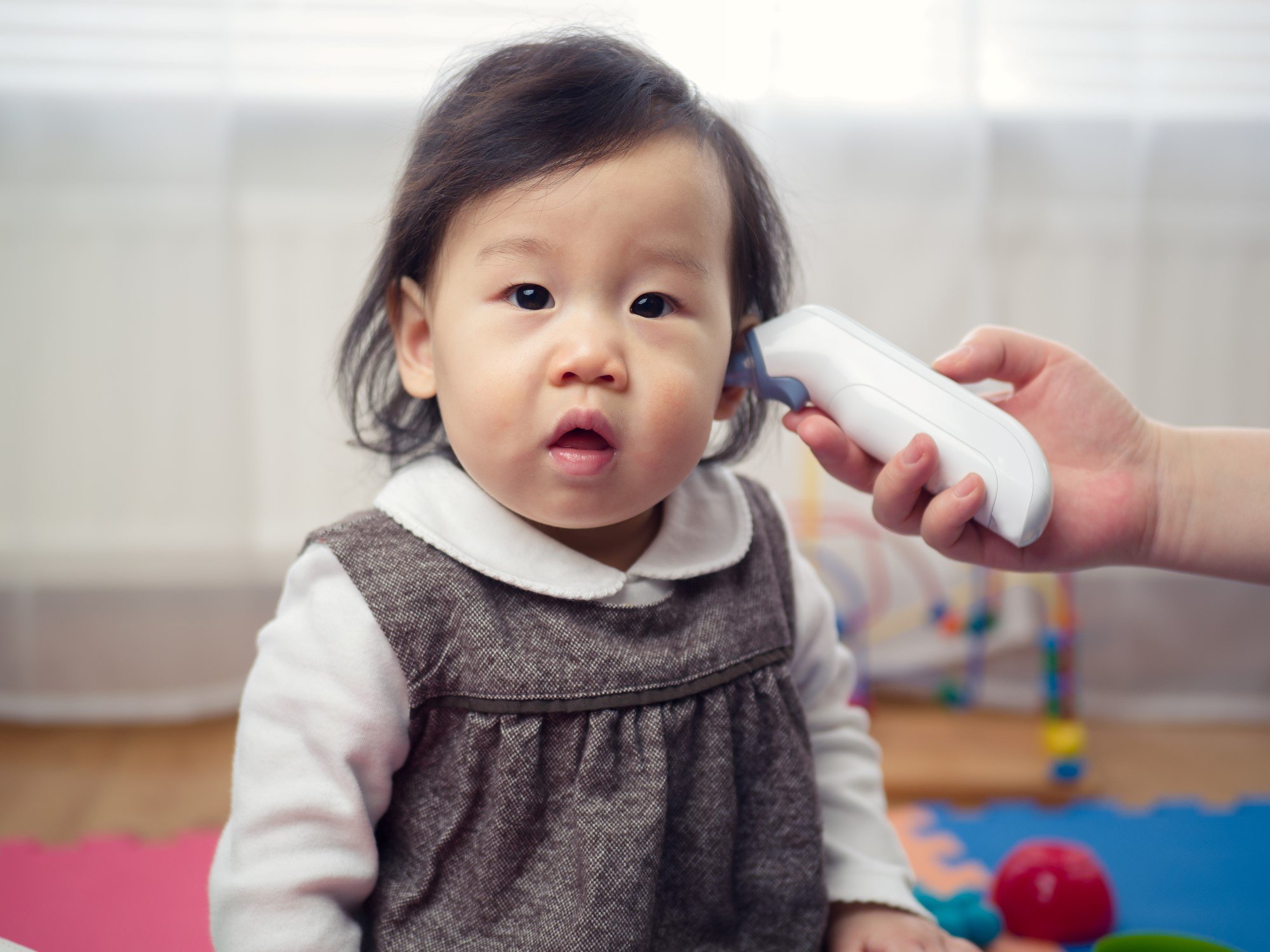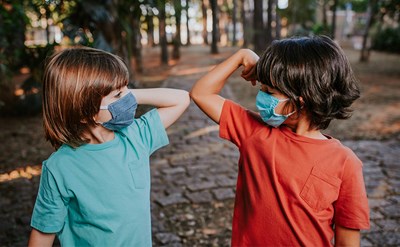Fever is one of the most common reasons for parents to visit an emergency department with their child or infant. Children tend to have an average of nine upper respiratory tract infections a year that include fevers, and children in day-care or preschool tend to have more.
While fever itself is rarely a problem, it can be an important symptom for a wide range of childhood conditions and sign of the body's normal response to fighting infection. For children, fever is considered anything higher than an oral temperature above 100.4 degrees Fahrenheit.
Most illnesses associated with fever run their course over a period of time and can be treated with acetaminophen or ibuprofen (unless the person is allergic or has been advised by a physician not to take these medications).
Aspirin should not be given to children or teenagers under age 19 because of the possibility of developing Reye’s Syndrome, a rare but potentially fatal medical disorder. In addition, ibuprofen is not recommended for infants younger than six months of age.
Seek emergency care if your child has any of these symptoms:
- Is under three months of age, because infants don't have well-developed immune systems and could have serious infections
- Has a body temperature higher than 102 degrees Fahrenheit
- Looks very sick, is poorly responsive and uninterested in his or her surroundings, is sluggish, and won't nurse or bottle-feed
- Cries constantly, continuously, or without relief
- Is difficult to awaken
- Has a stiff neck
- Has purple spots on the skin
- Has difficulty breathing
- Is drooling excessively or having great difficulty swallowing
- Has symptoms of earache or sore throat
- Has a limp or will not use an arm or leg
- Has significant abdominal pain
- Has painful urination or difficulty urinating
- Has any amount of redness or swelling on his or her body
- Has a seizure
- Is dehydrated
Although rare, some children under age five can experience seizures, especially if the child’s temperature rises or falls rapidly. Seizures can be very alarming to parents, but they do not cause any permanent harm in most children.
Until you get help, remove any unnecessary clothing and try to cool the child down. If at home, you can sponge the child with lukewarm water, place the child in a tub of cool water or let the child rest under a single layer of thin towels which have been dipped into cool water and wrung out. Don’t let the child get chilled. Don’t use alcohol or ice water. Take steps to ensure that the child remains as cool and comfortable as possible while enroute to the emergency department.
 American College of Emergency Physicians
American College of Emergency Physicians







